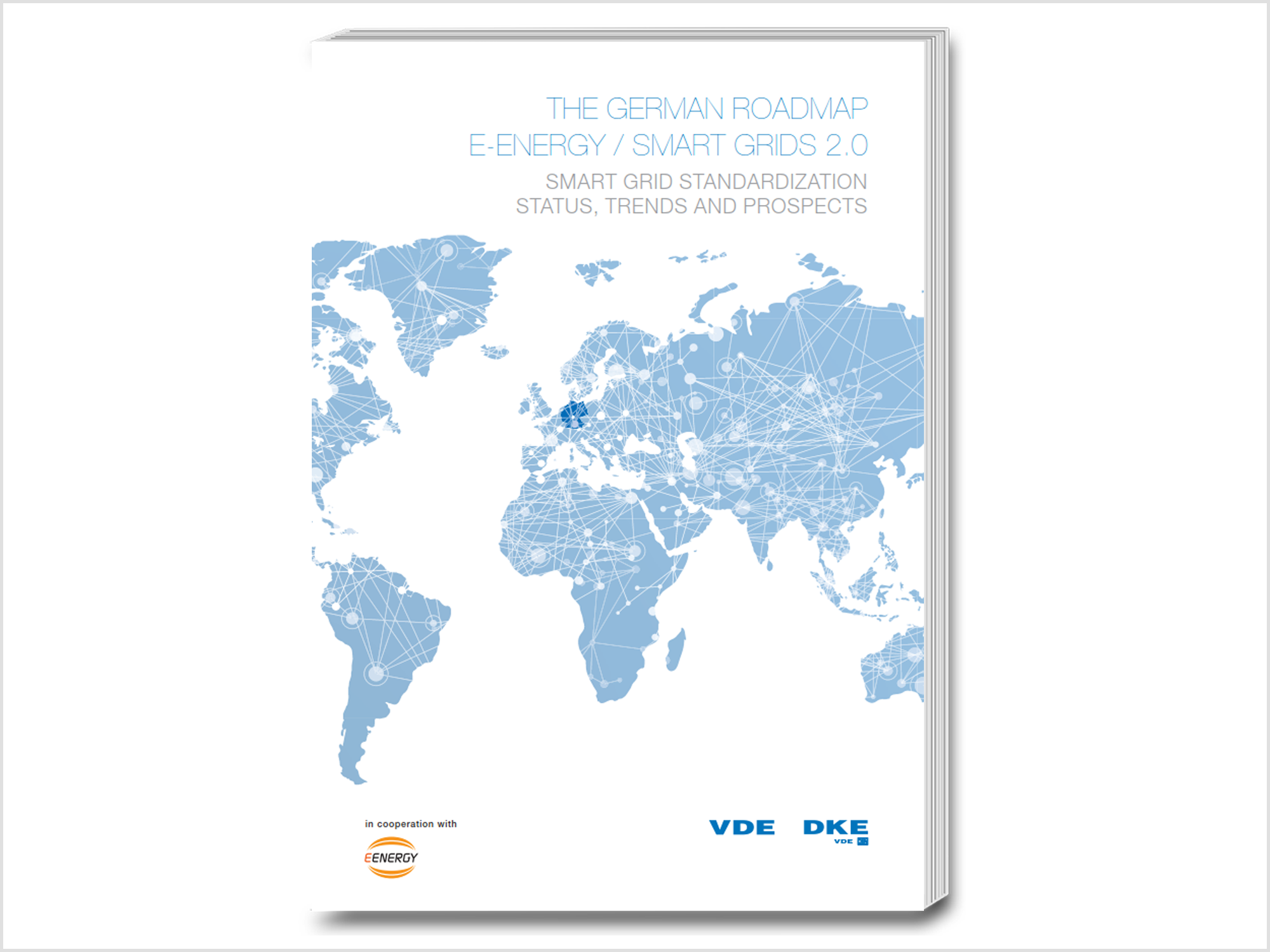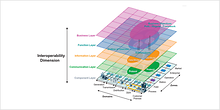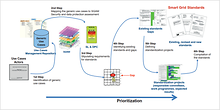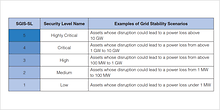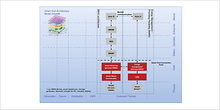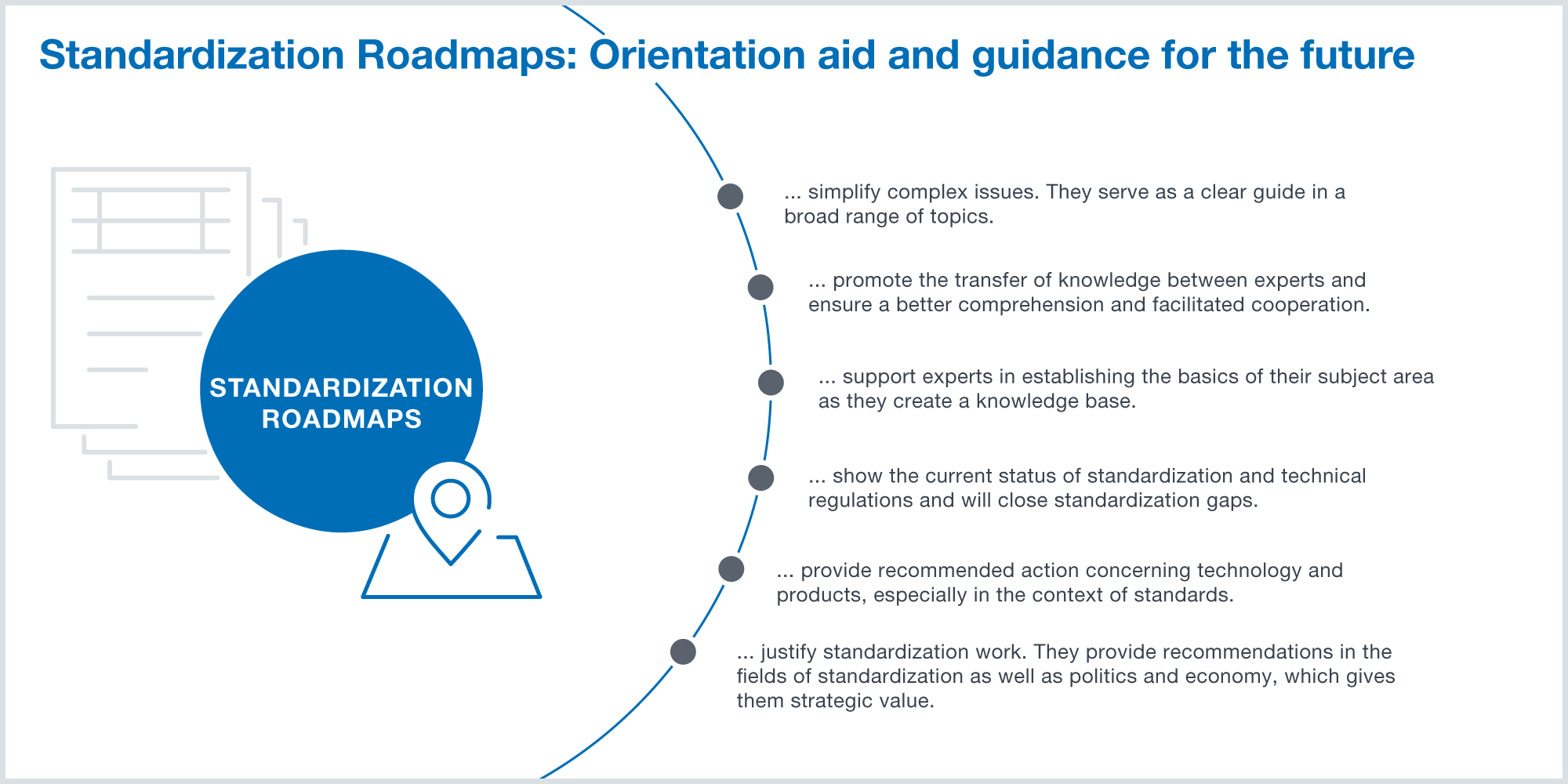Core topics of the standardization roadmap
The conversion of the German energy supply sector entails massive challenges. The expansion and integration of renewable energies and the restructuring of the markets are examples of this. The smart grid, which connects energy technologies to information and communications technologies (ICT), plays a key role because the automation of distribution networks to intelligently synchronize power generation and consumption and expand the power grid is crucial with respect to the energy revolution.

